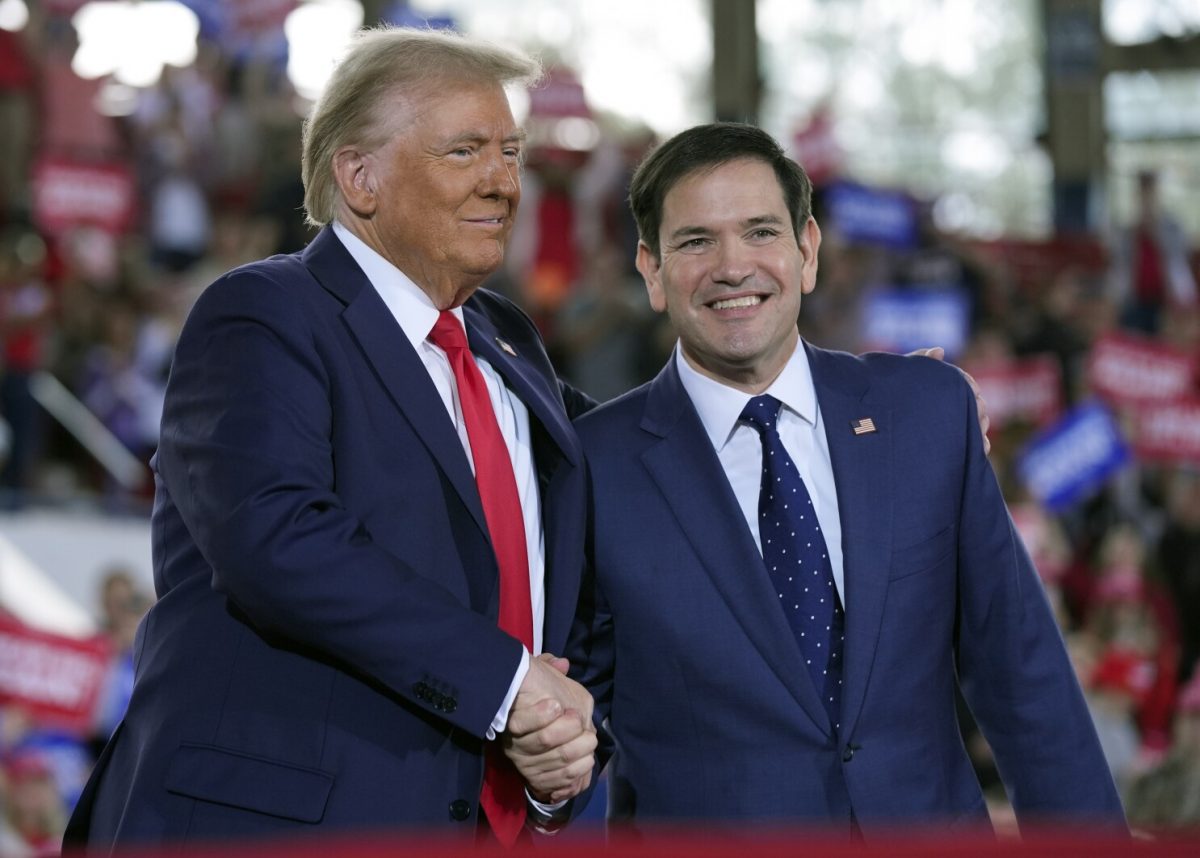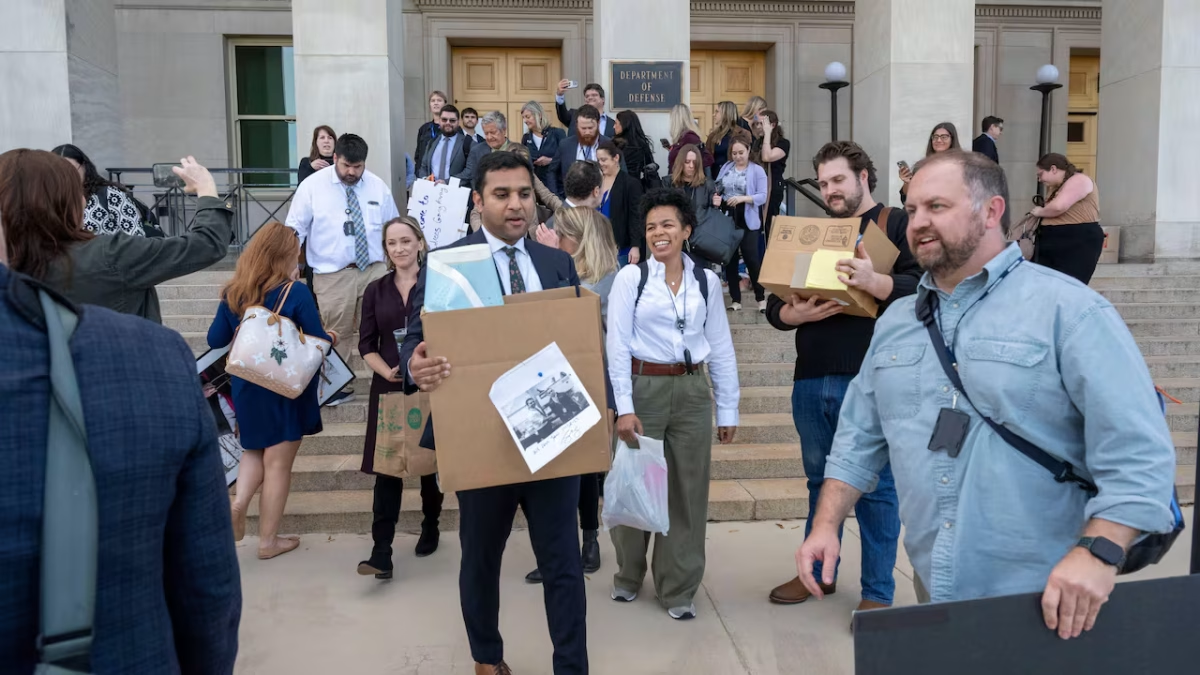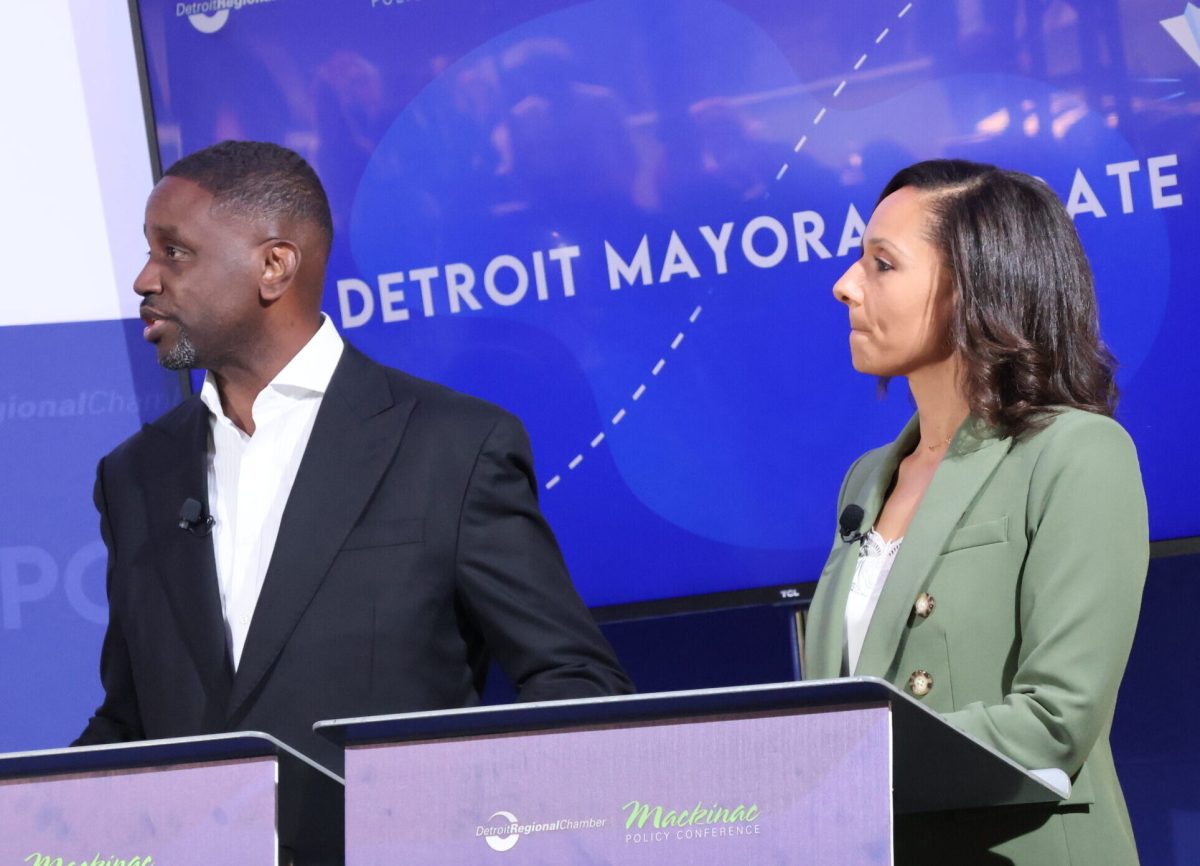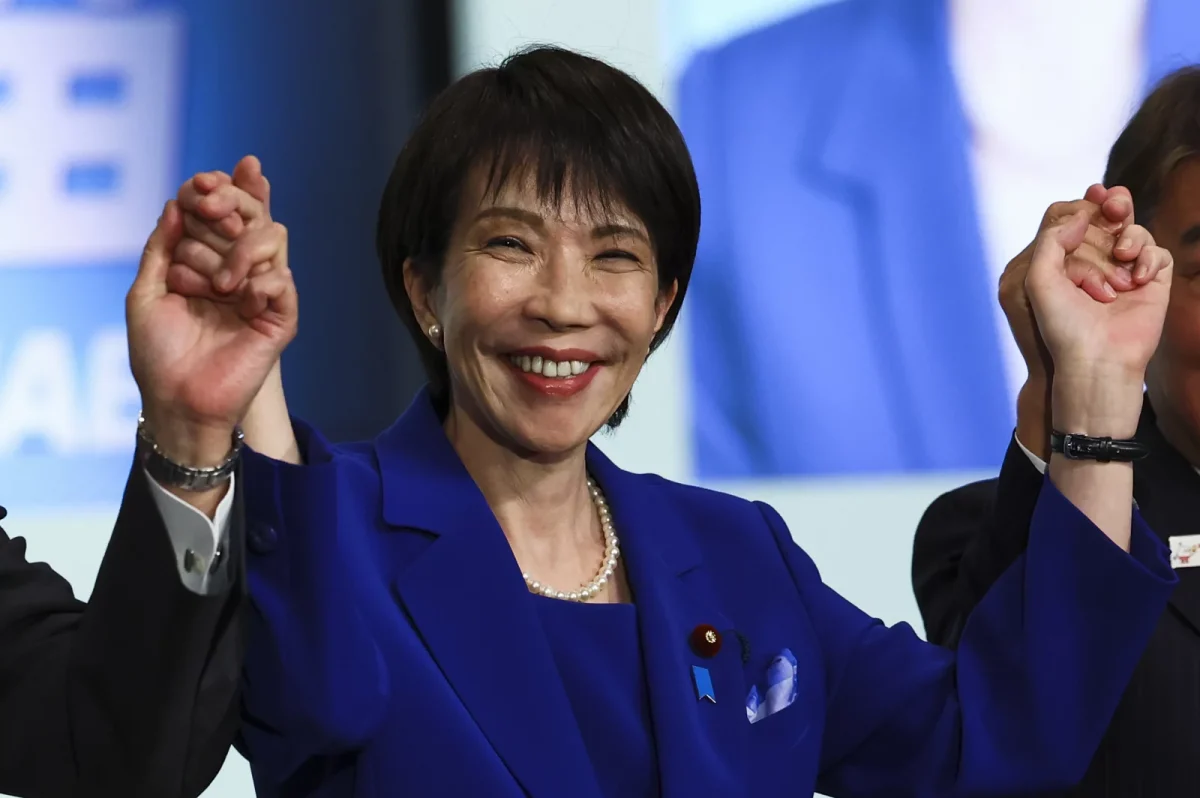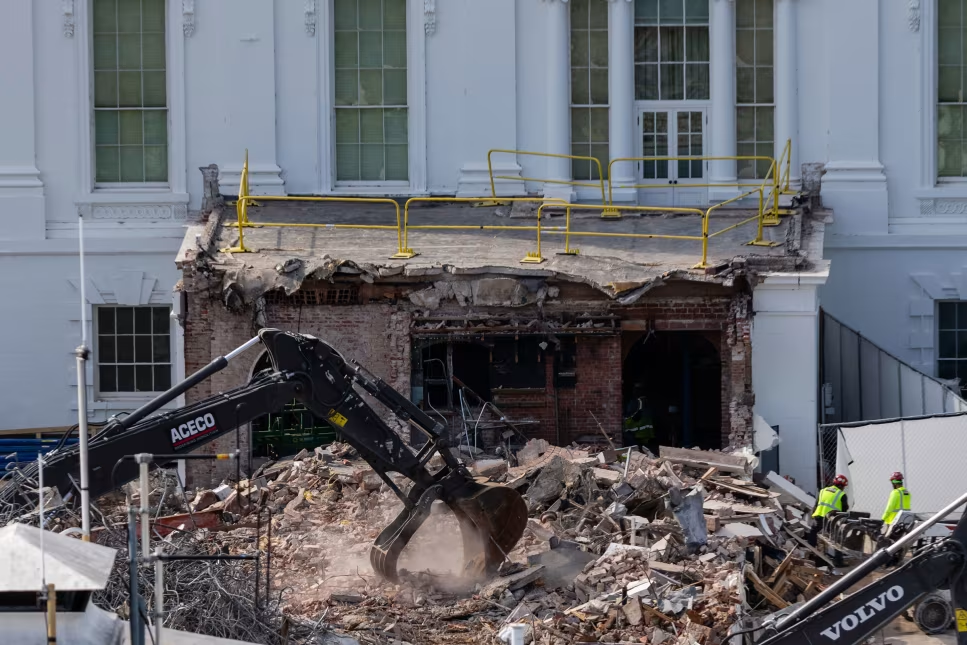Donald Trump has nominated Senator Marco Rubio as the next administration’s Secretary of State. Some see this as a break from Trump’s foreign policy record, while others see Rubio as a safe and stable choice.
The Secretary of State is responsible for conducting the president’s foreign policy via the Department of State. Rubio would be advising the president on foreign affairs, supervising the Department of State and personally engaging in foreign negotiations.
As the head of the executive branch’s most central and arguably most important department, Rubio would exert significant influence on the federal government. So, what is to be expected of Rubio as Secretary of State?
Stances on Global Affairs
On the topic of the war in Ukraine, Rubio has supported Trump’s recent call for a negotiated settlement between Ukraine and Russia. Rubio seems determined to help Trump fulfill the goal of a swift settlement of the war.
“I would be comfortable with a deal that ends these hostilities that is favorable to Ukraine meaning they have their own sovereignty … I am not going to pre-judge any agreement,” Rubio said.
Conversely, Rubio is considerably negative toward China, as he believes that China has been abusing the global markets and stealing American research to damage the U.S. Rubio has also floated how decoupling from China might look.
“It’s not smart to have all your eggs in one basket and the beneficiaries are not going to necessarily be America, but it’s Vietnam, Indonesia and other places in Southeast Asia,” Rubio said.
Rubio has made it clear that he supports Israel and has commented that Hamas is to blame for the deaths in Gaza and the war in the Middle East.
Concerns
Some are worried about Rubio, calling him a war hawk and pointing out that his initial response to many conflicts is to take an aggressive stance. This seems in part contradictory to Trump, who often favors avoiding military conflicts.
“He’s [Putin] not going to stop with Ukraine if he’s allowed, he must pay a big price for it,” Rubio said at the outbreak of the Ukraine war.
Besides his reaction to Russia’s invasion, Rubio has also been a past critic of Trump’s administration for removing the U.S. from certain conflicts. Notably, Rubio commented on Trump’s withdrawal from Syria in Trump’s first administration.
“My qualm with him now is he is abandoning that effort before it is completely finished,” Rubio said.
While Rubio has shifted his perspective and stances in recent years to better reflect Trump, it is not clear if there has been any sort of change in Rubio’s governing ideology. If a new conflict were to arise that could pull the U.S. into a war, it is uncertain if Rubio would advise the president in a hawkish fashion as he has in the past, or if he would mirror Trump’s stance.
Personal Beliefs
Rubio is strongly opposed to relativism, the idea that truth is subjective. He has spoken extensively about American decadence and its corruptive nature.
“I think decadence … is this belief that we could do whatever we wanted. That things that have always mattered to every country, every society, every culture throughout human history it didn’t matter anymore,” Rubio said.
Rubio believes that this subjective mindset has been the driving force in U.S. policy since the end of the Cold War and is actively calling for a new path based on reality and objective truth. Rubio’s disdain for modern ideologies could be traced to his faith.
Central to his formation, Rubio is a staunch Catholic and has a history in other Christian denominations including Mormonism. Rubio has stated that he believes the most important trait of Americans is a belief in God.



